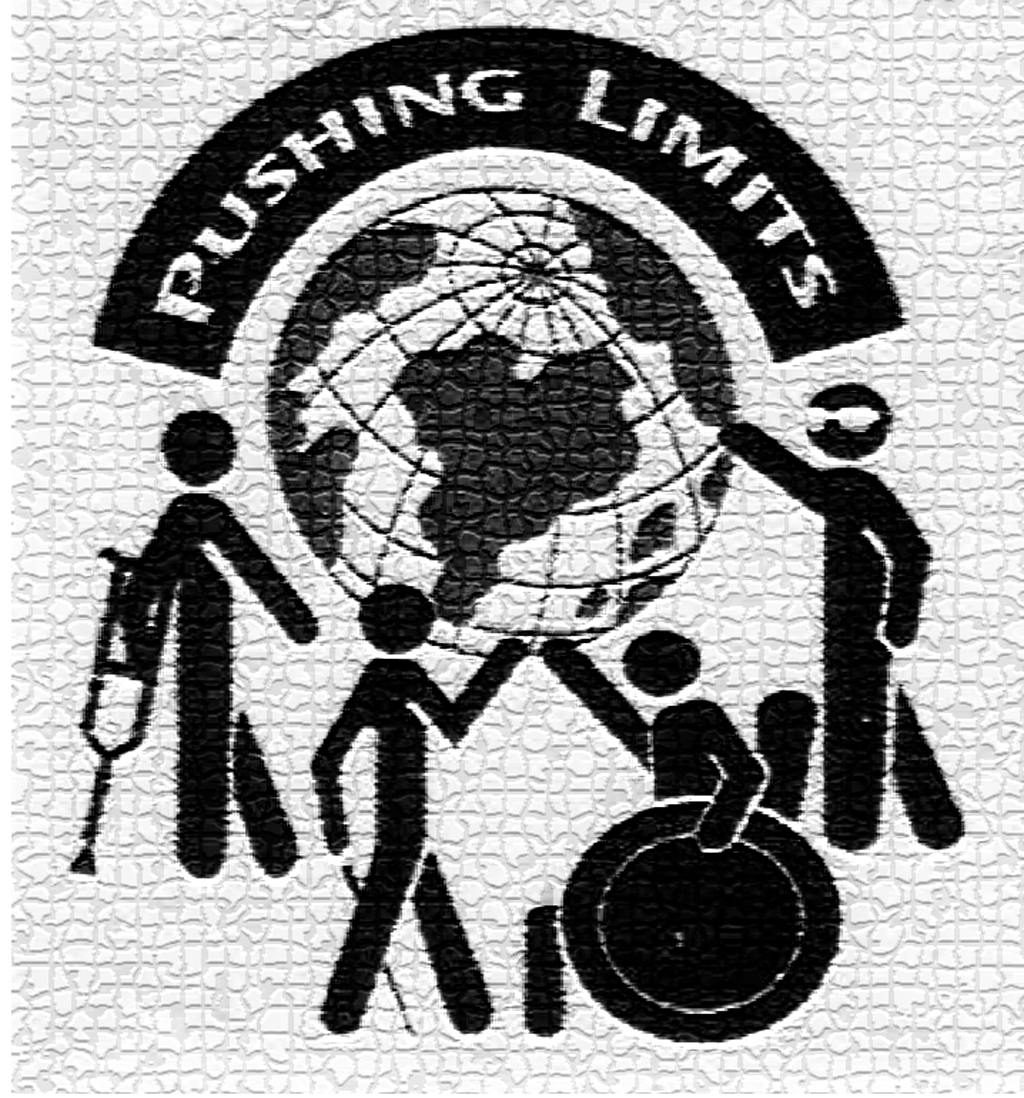Attendant Crisis- Pushing Limits – April 12, 2024
Description
A week ago, on April 5, 61-year-old Brett Estes took his own life by moving his wheelchair in front of a BART train. He was a quadriplegic and a member of a Quad-Squad which was active in the disability movement. Despite the kind, long-term help of a man named John, Brett had recently struggled with finding enough attendants.
We don’t know all the reasons behind this tragedy but this death raises the issue of our current, very-inadequate attendant-care system. Another member of our community, Brian Larsen, also took his life a few years ago when he was unable to secure adequate attendant support. California’s IHSS, (In Home Supportive Services) system is failing severely disabled people.
Our guest, Connie Arnold sees the problems in her own life and she’s been attending state meetings, reading legal and policy regulations and generally working to improve IHSS for 35+ years. She graduated from UC Berkeley in 1984 with a degree in Social Welfare, and in 2009 from Sonoma State University (SSU) with a Master’s degree in Health Services & Public Administration Policy. With her wide range of academic and professional expertise, Ms Arnold gives specific advice on how we can each play a part in saving lives and advocate for change. You can reach her by emailing: IHSS underscore advocate at yahoo.com.k
Connie Arnold
MORE DETAILS: Many people with disabilities living in the community are suffering because they cannot find competent, reliable, trustworthy, and stable non-relative IHSS care provider-attendants. Attendants who can perform paramedical services are few and far between. The State of California makes every IHSS recipient the “employer” responsible for finding their own care providers, but the recipients do not set the terms of employment for wages, health benefits, and job incentives. Currently, IHSS wages vary from county to county and is not a living wage.
Under the IHSS program alone family members care for 72.1% of people with disabilities and they are often willing to work long hours for near minimum wages. But when family and friends are ill, move away or age out, who takes their place? This situation is especially obvious in the case of developmentally disabled people who live with elderly parents, but it affects people with all kinds of severe disabilities, including dementia, Lou Gehrig’s Disease (ALS), children with severe disabilities, and many others.
If you have a severe disability you may quality for extra help through a Medi-Cal or HCBA waiver. Here’s how to apply:
California Department of Health Care (DHCS) Medi-Cal Waivers:
https://www.dhcs.ca.gov/services/Pages/Medi-CalWaivers.aspx
DHCS Home and Community-Based Alternative (HCBA) Waiver and scroll down to see which local agency serves your zip code:
https://www.dhcs.ca.gov/services/ltc/Pages/Home-and-Community-Based-%28HCB%29-Alternatives-Waiver.aspx
Connie Arnold
Currently, individuals requiring multiple daily attendants are struggling to live independently in the community. People who rely primarily on non-relative providers are most at-risk of being forced into institutions. This, despite the U.S. Supreme Court Olmstead decision which gave people with disabilities the right to live in the least restricted environment with supportive services. Knowing what they know about the institutions, many severely disabled individuals consider alternative actions like suicide.
Plus: “Who’s in Charge Here?”
Commentary by Shelley Berman.
Produced and hosted by Shelley Berman and Adrienne Lauby.
With thanks to the Berkeley-Disabled E-group who sparked the attendant-shortage discussion. To subscribe to the Berkeley Disabled e-group, send an email to: [email protected]
——————————Want to Learn More?——————————
In-Home Supportive Services (IHSS) – California State Association of Counties. This group put a ceiling on IHSS wages so that they
More Episodes
When you think of professional athletes, some of the names that come to mind may include the likes of LeBron James, Cristiano Ronaldo, and Tom Brady. However, athletes living with disabilities can be just as impressive as their able-bodied counterparts, yet they don’t seem to get the same level...
Published 11/08/24
Published 11/08/24
The rise of right-wing power in the U.S. is the culmination of a 50 year plan to seize the reins of government power in the U.S. It has succeeded in the Supreme Court and, who knows, could take the Presidency and both House and Senate at Tuesday’s election. As the plan becomes actualized, the...
Published 11/01/24


